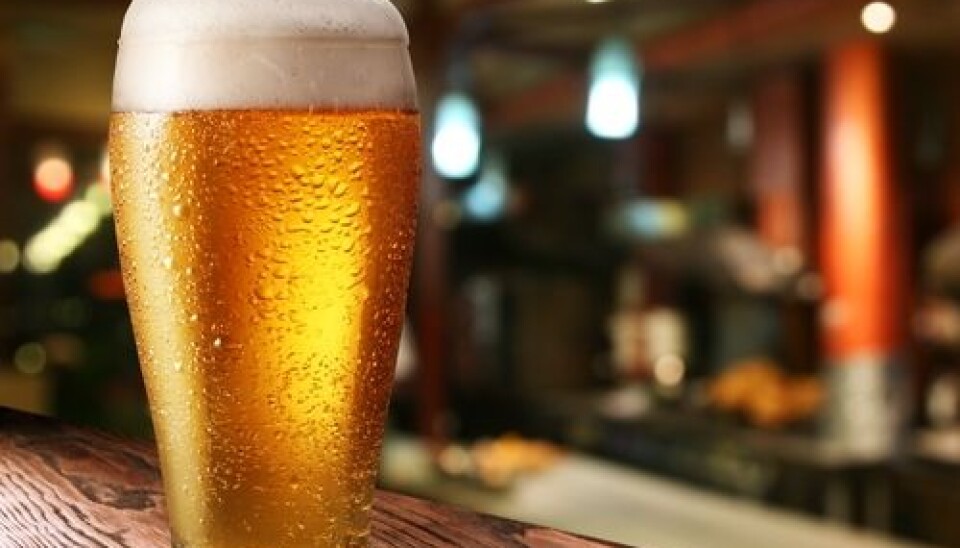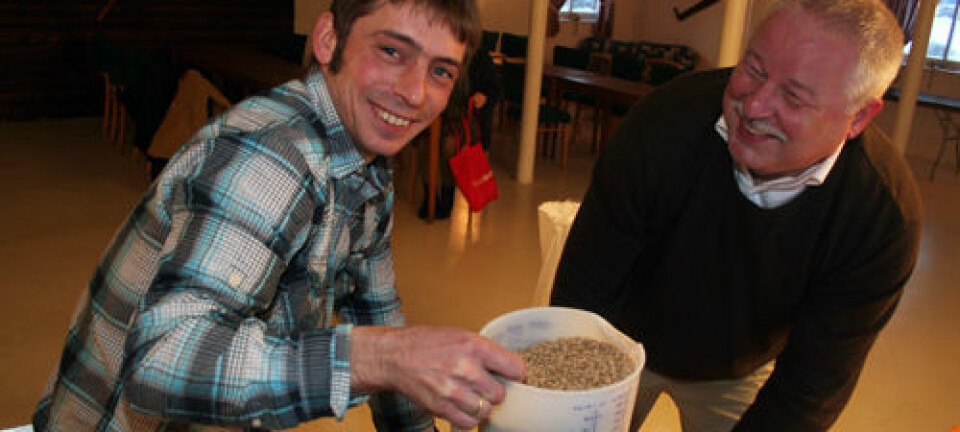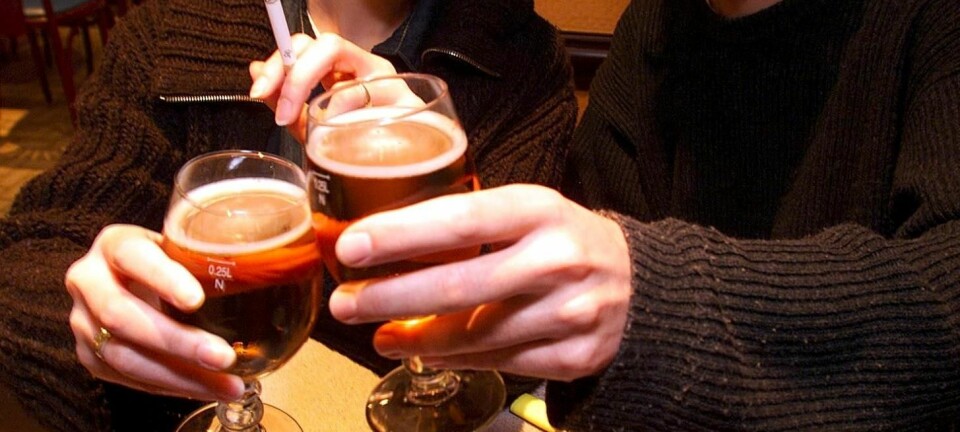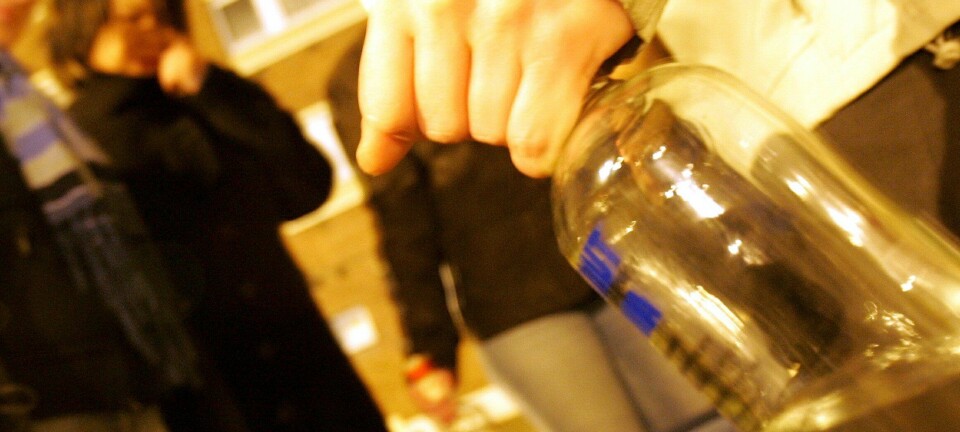
Hi-tech brew house to fight bad beer
A new, advanced brew house at Aarhus University aims to help Denmark’s small breweries avoid bad brew. The technology will also boost engineering students’ understanding of high-tech sensors.
Scientists have now set out to improve beer brewing in small Danish breweries.
The objective is to use the research findings from a new, high-tech brew house at Aarhus University to prevent the biological process from going haywire during brewing at the country’s small breweries.
”If you look at Carlsberg, for instance, you won’t see any problems with the monitoring and the control of the brewing process, and the result is a quality end product every time. What we want to do is to work with the smaller breweries that do not have quite same levels of expertise,” says Assistant Professor Christian Dannesboe, who heads the new brewhouse at Aarhus University.
He explains that the people behind the smaller breweries in Denmark often have more entrepreneurship and beer-enthusiasm than scientific insight into the extremely complex biological processes taking place when hops, water and yeast are turned into beer.
If you look at Carlsberg, for instance, you won’t see any problems with the monitoring and the control of the brewing process, and the result is a quality end product every time. What we want to do is to work with the smaller breweries that do not have quite same levels of expertise.
“It doesn’t take a lot to give beer an undesirable after-taste,” says Dannesboe. “It can be anything from a germ in the air, a hole in the beer tank or a temperature that’s either slightly too low or slightly too high when the yeast is added.”
“And sometimes when brewers have finally managed to come up with a good recipe and a good brewing method that works, it can be very difficult to achieve the same taste again.”
The taste has to be just right
The new scientific brewery will be able to find the exact recipe for the beer that a small brewery intends to brew, but simply cannot produce in practice.
”The brewers can come to us if they’re having problems with a brew that has an unexpected aftertaste. Then we can go out with our equipment to try and identify the problem, and that allows us to intervene and guide the process in the right direction,” says the researcher.
“We will not be able to find the formula for the best-tasting beer in the world. We just want the beer to taste of the ingredients you put in. So if you add e.g. New Zealand hops, then the beer should taste of New Zealand hops and not have an unexplainable aftertaste.”
The researchers behind the project have designed the little brew house themselves and have purchased specialised sensor technology from abroad. This technology has not previously been used for beer production in Denmark.
“The supplier told us that we are one of the three companies in Denmark that are using this equipment, but that we are the first ones to link as many sensors together as we have, and we’re also the first ones to use the equipment directly for beer production,” says Dannesboe.
The result is a formula for the flawless beer that the breweries wish to produce.
Students learn to use advanced equipment
The new scientific brew house will also serve another function: engineering students at the university get the chance to fine-tune their engineering skills by working with the sensors in the brew house,
“We want to teach engineering students who know about these advanced sensors how to use them in other contexts.”
These sensors are also used for monitoring the industrial production of enzymes and proteins in complex fermentation processes.
-------------------------
Read the Danish version of this article at videnskab.dk
Translated by: Dann Vinther









